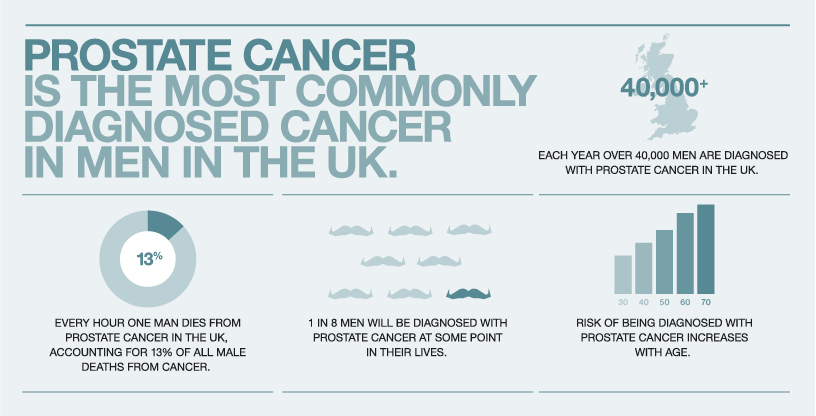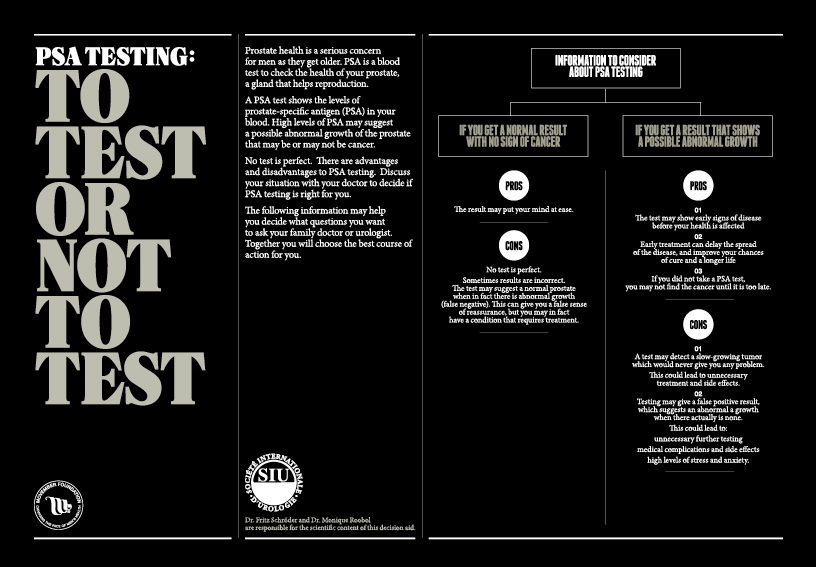 You cant turn on the TV or search the internet recently without being aware of how much coverage is being given to Health and Social Care.
You cant turn on the TV or search the internet recently without being aware of how much coverage is being given to Health and Social Care.
The Scottish Government recently announced a further £100 Million over three years is to be invested in the NHS to help reduce the numbers of people waiting to be discharged from hospital.
This funding will be used to support health boards and local authorities deliver good quality care and support for people at home or in a homely setting.
This is aimed at preventing delays in discharge and preventing admissions to hospital and attendances at A&E. Combined these actions will reduce pressure across the system.
I am delighted that Shona Robison MSP, Cabinet Secretary for Health, Wellbeing and Sport has agreed to meet with me to discuss "The Future of Care Services in Scotland"
Ahead of my meeting I would like you give you the opportunity to pose a question to Shona. Whether you work with us are receive support from us, now is the chance to have your voice heard.
I won't have time to ask everything, but will try and reflect the most popular questions that you send me.
To get involved please email the office with your question. If you work with us please ask the people you support whether they would like to get involved.
Stephen
Stephen Wilson, Director







.jpg)